電動車股票分析-NIO蔚來 vs XPeng小鵬汽車(XPEV, 9868), Tesla特斯拉(TSLA)
蔚來的交易價格比小鵬低,因為投資者喜歡更高的增長和更低的價位。具體而言,與蔚來相比,小鵬將需要實現銷售更多的車輛。

利用他們各自的季度披露信息,我們為NIO、XPEV和TSLA編制了以下數字。

NIO每輛車的平均收入幾乎是XPEV的兩倍,這意味著它的目標是更高端的市場,而XPEV則更多地是大眾市場。事實上,NIO的平均價位甚至比特斯拉略高。
與XPEV相比,NIO每年銷售的汽車數量約為10萬輛,而特斯拉目前的銷量是前者的9-10倍。
就同比增長而言,NIO的交付量翻了一番...

...而XPEV的交貨量增加了三倍。

與此同時,特斯拉的交付量也增長了71%。

電動車市場似乎是一個積極的土地爭奪戰。這些公司的增長(因此估值)將取決於它們大幅提高產量的能力。
與XPEV相比,NIO的毛利率更高,儘管兩者目前仍處於虧損狀態。

與XPEV相比,NIO在研發方面的支出在絕對值和相對值(與總支出相比)上都略低。

與XPEV相比,NIO在市值和毛利方面都有相當大的折扣。

如上所述,NIO是一個更高端的品牌,毛利率更高。儘管投資者似乎更喜歡XPEV,因為它有更高的增長和更低的價格點(所以可能會佔據更大的市場份額)。
根據中國汽車工業協會(CAAM)的數據,2021年中國的汽車銷量約為2600萬輛,同比增長約4%。
鑑於它們各自的價格點,我們粗略地假設NIO最終將銷售與寶馬和梅賽德斯-奔馳類似的車輛數量,而XPEV將與豐田和吉利類似。
利用本文的數據,我們編制了以下表格。

如果最終NIO的銷量是XPEV的一半左右,每年約60萬輛,鑑於NIO的價位是XPEV的兩倍,它們都將實現約400億美元的收入。
NIO的毛利將略高,因為它的毛利率略高,導致目前市值與毛利的比率略低。
這意味著雖然NIO目前是以折價交易,但如果XPEV交付並最終比NIO賣得更多,折價就會消失。
最後,不同的上市會帶來不同的投資者基礎,他們的不同偏好/選擇也會影響估值。
具體來說,由於XPEV在香港(9868)上市,那裡的電動車上市數量可能較少,本地投資者可能更願意為其支付溢價。
